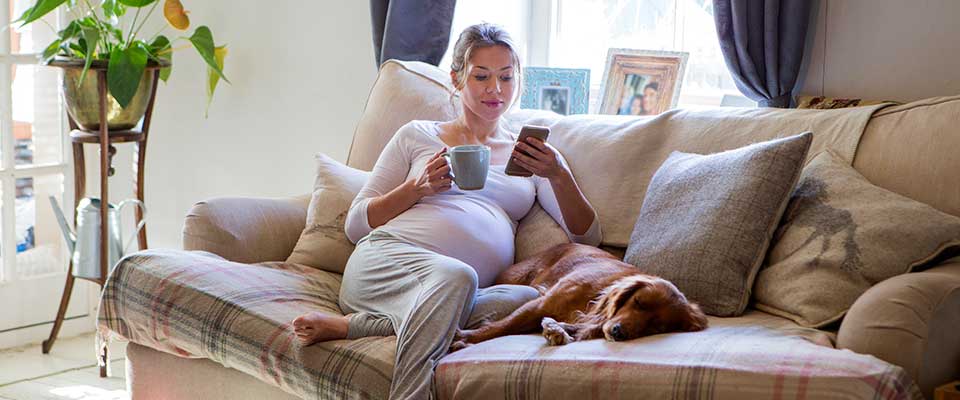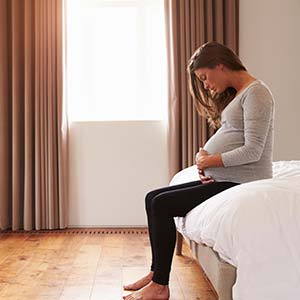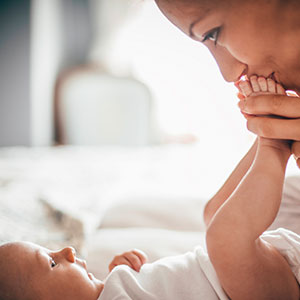Friends, family, and doctors often advise pregnant women to avoid a whole list of foods and beverages. These may include soft cheeses, alcohol, sushi, and caffeine. For many women, quitting caffeine during pregnancy is the hardest, especially because fatigue is so common in the first and third trimester.
Risks of high caffeine consumption
Regularly consuming medium to large amounts of caffeine during pregnancy has been linked to a higher risk of miscarriage. Studies have also shown that high caffeine consumption is more likely to result in a baby with low birth weight.
However, if you are pregnant and you love your morning cup of java, you can enjoy a small, daily cup of coffee or tea. It is safe to consume a small amount of caffeine (200 mg or one 12 oz. cup). There is no scientific evidence that small amounts of caffeine have long-term effects on the health or development of the baby.
Caffeine during pregnancy: How much is too much?
Doctors typically advise pregnant women to consume no more than 200 mg of caffeine per day. Although some studies suggest that women stop drinking coffee completely, the World Health Organization recommends that it is acceptable to drink as much as 300 mg per day.
What does other research say?
Researchers at the Nationwide Children's Hospital in Columbus, Ohio, recently measured the caffeine consumption of pregnant women and compared it with the IQ and behavior of their children. Their results were reassuring. They found no link between low levels of caffeine during pregnancy and the baby's intelligence.
Also, small amounts of caffeine during pregnancy have not been linked to hyperactivity or behavioral problems in the child. (The same research team previously reported they found no link between caffeine consumption in pregnancy and obesity in childhood.)
This research should be reassuring to pregnant women who occasionally drink small amounts of coffee. If you find that you miss your morning pick-me-up, know that there is no evidence that drinking small amounts of caffeine during pregnancy will adversely affect your health or the health of your baby.
What about decaffeinated drinks?
You may be tempted to drink decaffeinated coffee instead. However, you should know that no research has been done on safe levels of decaffeinated products during pregnancy. This could be because the actual caffeine level in decaffeinated coffee varies widely.
You'll also find caffeine in chocolate and even some over-the-counter painkillers. Make sure you don’t go over your limit by consuming too much caffeine from different sources.
So, if you consume a small amount of caffeine per day (about one cup of coffee), don't worry. Focus instead on keeping yourself happy, healthy, and fit, and look forward to all the joy the birth of your child will bring.




